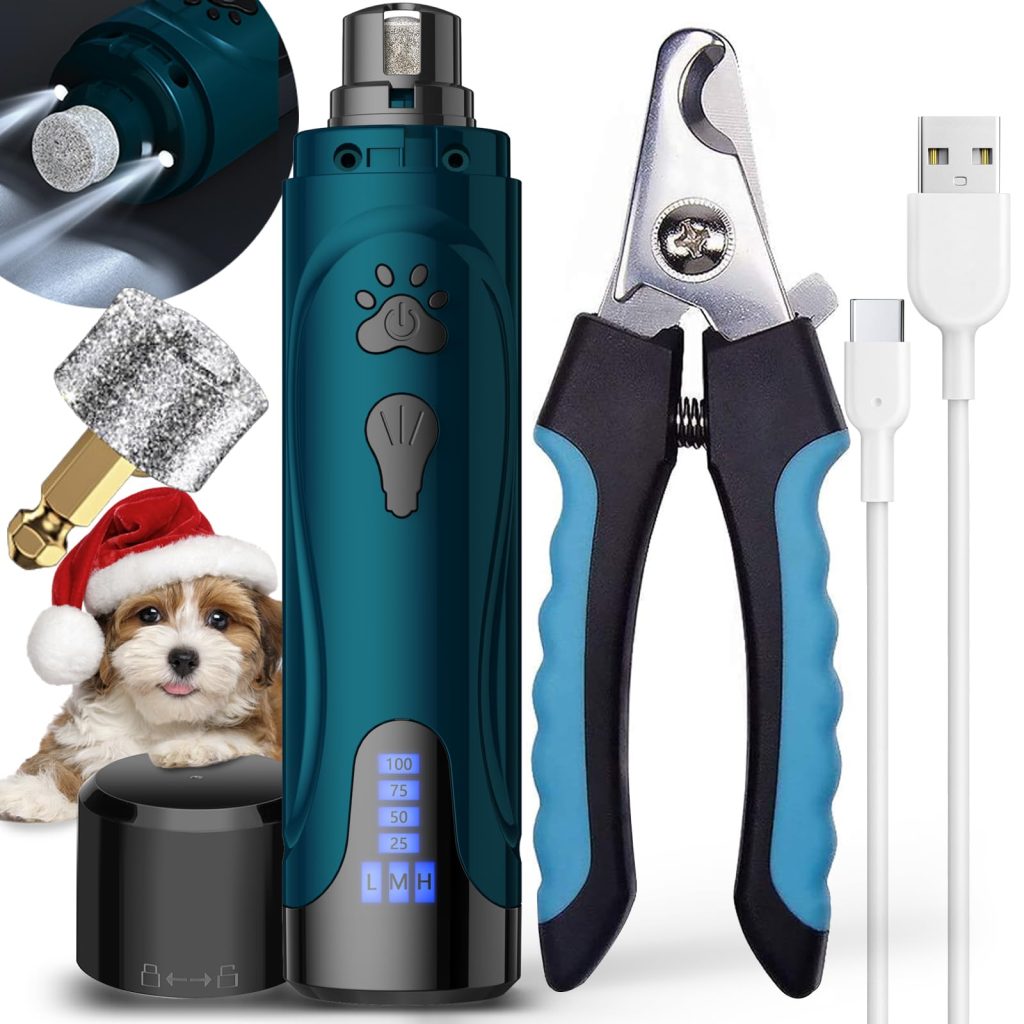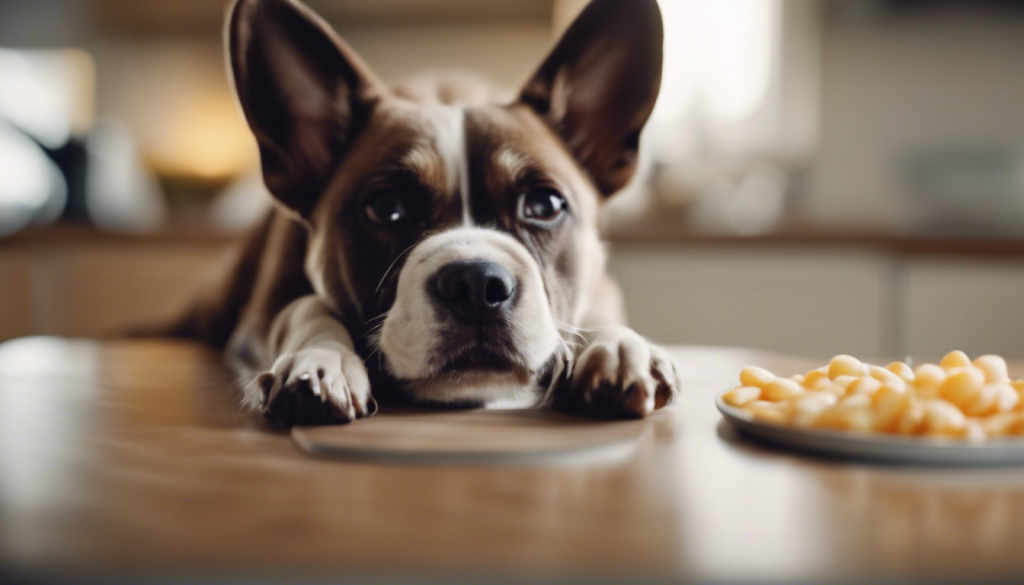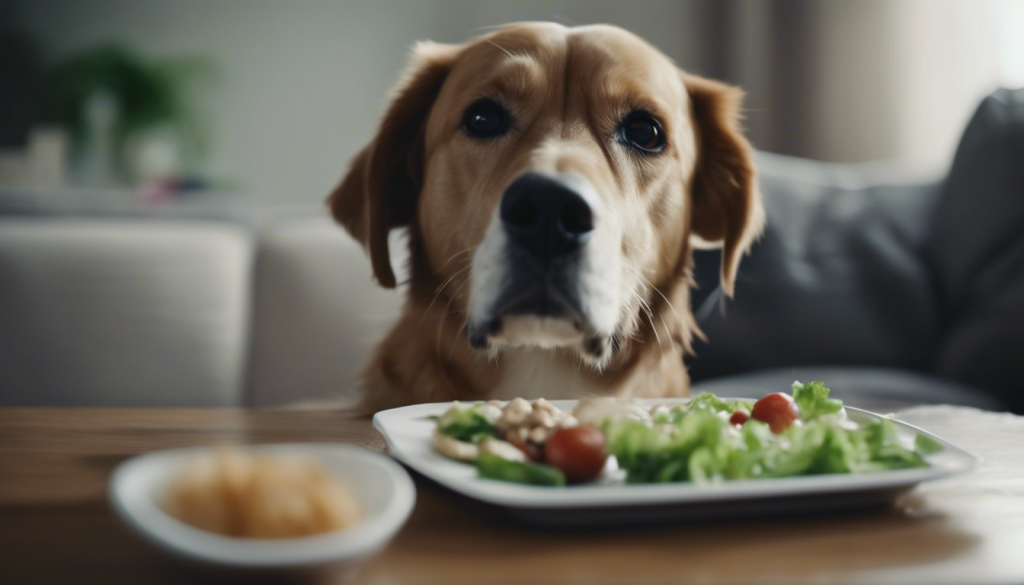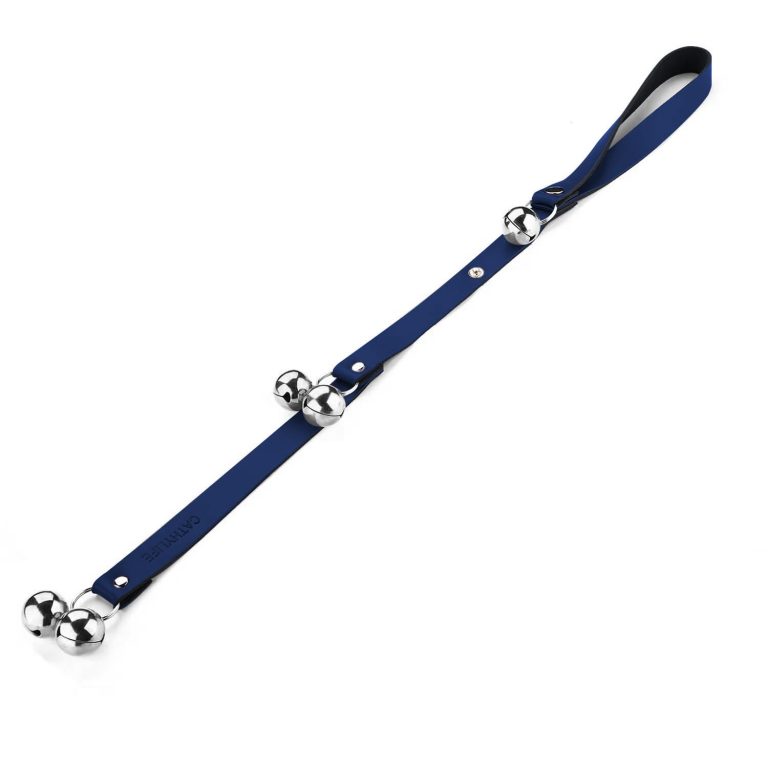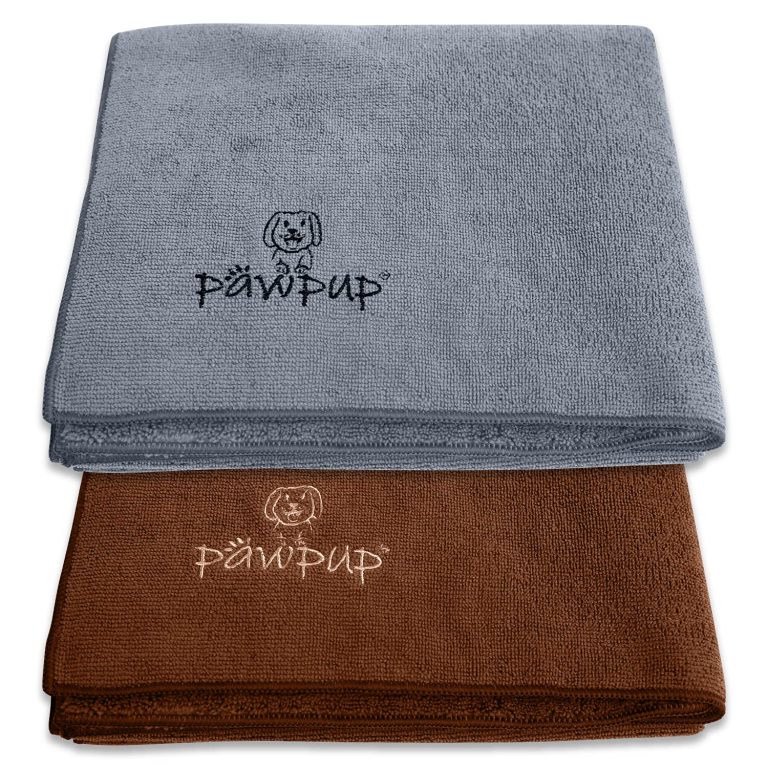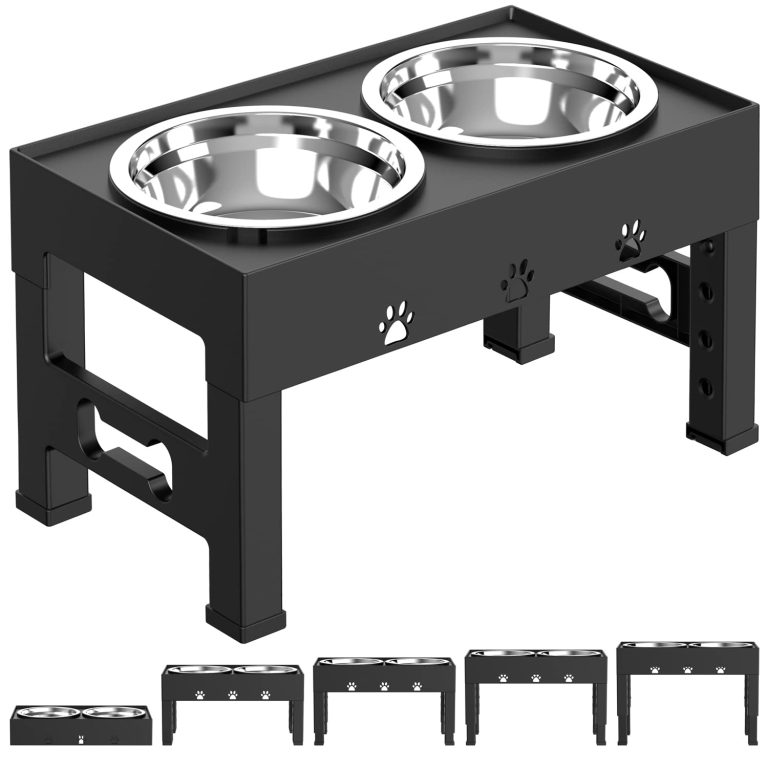Puppy-Proofing Your Home – Preventing Chewing and Digging
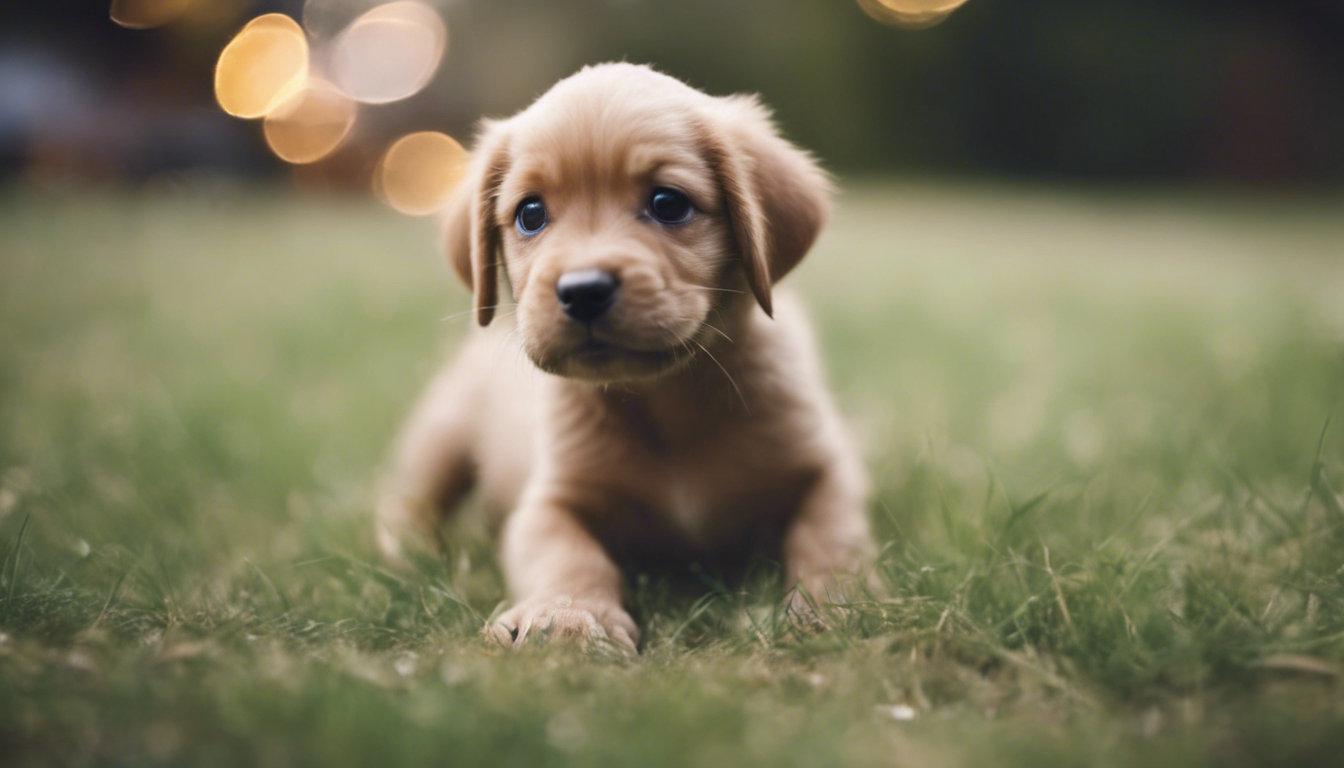
Puppy-Proofing Your Home – Preventing Chewing and Digging
Bringing a new puppy into your home is an exciting and joyful experience. However, with their curious nature and boundless energy, puppies can also be mischievous and destructive, especially when it comes to chewing and digging. As a responsible pet parent, it’s important to puppy-proof your home to create a safe and secure environment for your furry friend. By taking proactive steps and implementing effective behavior training techniques, you can prevent unwanted habits and foster a healthy relationship with your pup.
Pet-Proofing Essentials
1. Supervision
When you first bring your puppy home, never leave them unsupervised. Puppies explore by using their mouths, and without proper guidance, they may choose to chew on furniture, electrical cords, or other hazardous items. Always keep an eye on your pup, redirecting their attention towards appropriate chew toys and providing positive reinforcement when they make the right choices.
2. Provide Ample Chewing Alternatives
Puppies have an innate need to chew, especially during their teething phase. To prevent your furry friend from turning your favorite pair of shoes into chew toys, offer a variety of safe and durable chew items. Opt for toys made of soft rubber or nylon that are specifically designed for teething puppies. Regularly rotate the toys to keep their interest and provide mental stimulation.
3. Make Restricted Areas Inaccessible
Puppies love to explore every nook and cranny of your home, including areas that could be potentially dangerous. Use baby gates or close doors to restrict access to rooms or areas where there are valuable items, toxic substances, or fragile objects. It’s also important to keep medications, cleaning supplies, and chemicals locked away in secure cabinets out of your pup’s reach.
4. Reinforce “No” and Redirect Behaviors
When you catch your puppy chewing on something they shouldn’t be, calmly say “no” and redirect them towards an appropriate chew toy. Consistency is key here – dogs learn through repetition and reinforcement. With time and patience, your pup will understand what is acceptable to chew on and what is off-limits.
Behavior Training Techniques
1. Positive Reinforcement
Training your puppy with positive reinforcement is one of the most effective methods to encourage good behavior. Use rewards such as treats, praise, or playtime to reinforce desired actions. For example, when your pup chews on their designated toy instead of your furniture, quickly praise and reward them, reinforcing the concept that this behavior is desirable.
2. Avoid Physical Punishment
Physical punishment, such as hitting or shouting, is not recommended as it can harm the trust and bond between you and your puppy. Instead, focus on using positive reinforcement and redirecting their behavior towards appropriate alternatives. Punishing your puppy may lead to fear or aggression, hindering their progress in training and potentially causing long-term behavioral issues.
3. Consistent Schedule and Routine
Puppies thrive on routine, so establish a consistent schedule for feeding, exercise, potty breaks, and training sessions. By providing predictability, you’re helping your puppy feel secure and confident in their environment. Regular exercise is important for burning off excess energy, which can reduce destructive behaviors such as chewing and digging.
The Power of Companionship
Dogs are social animals that thrive on companionship. Spending quality time with your puppy is essential for their emotional well-being and can prevent destructive behaviors that arise from boredom or separation anxiety.
1. Interactive Play
Engage in interactive play with your pup using toys such as balls, rope tugs, or puzzle toys. This type of activity not only provides physical exercise but also strengthens the bond between you and your furry friend. Active playtime helps release excess energy, reducing the likelihood of destructive behaviors.
2. Mental Stimulation
Puzzles, treat-dispensing toys, and obedience training can provide mental stimulation for your puppy. These activities challenge their problem-solving skills and keep their minds occupied, reducing the likelihood of boredom-induced destructive behaviors like chewing or digging. Mental enrichment is just as important as physical exercise to promote a well-rounded and contented pup.
Puppy-proofing your home and implementing effective behavior training techniques are vital steps towards a harmonious and fulfilling relationship with your furry companion. By providing a safe environment, offering appropriate chew toys, and practicing positive reinforcement, you can prevent destructive behaviors like chewing and digging. Additionally, spending quality time together through interactive play and mental stimulation helps stimulate your pup’s mind and strengthens the bond between you. Remember, patience, consistency, and love are the keys to successful pet parenting. Happy puppy-proofing!
